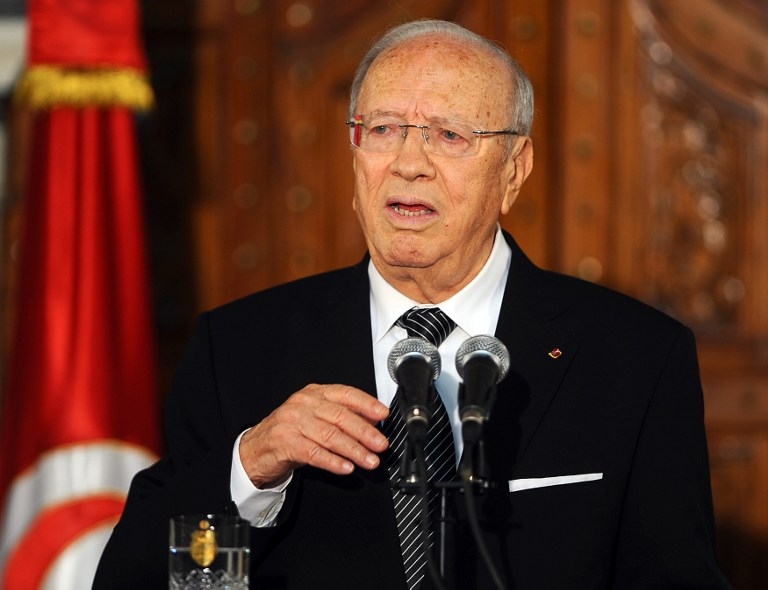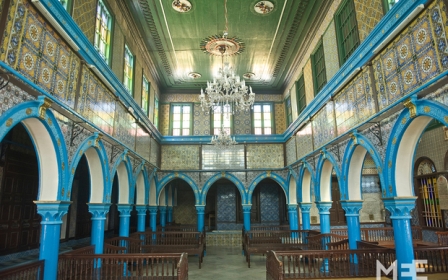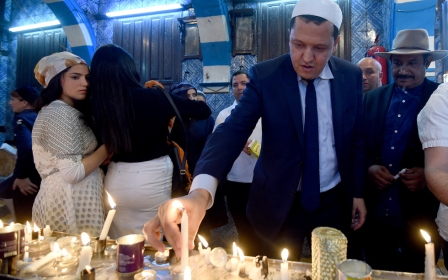Tunisia extends state of emergency

The state of emergency which has been in force in Tunisia for a year and a half has been extended by one month.
President Beji Caid Essebsi "decided, after consultations with the head of government and the president of the Assembly of People's Representatives, to extend the state of emergency by one month from today," a source close to the presidency told AFP.
The extension of this exceptional measure is necessary because of the "continuation of the war against terrorism", she added.
A state of emergency grants emergency powers to the police. It also permits the prohibition of strikes and meetings "likely to provoke (...) disorder", or the adoption of measures "to ensure control of the press".
This measure has been in force since an attack by militants on the presidential guard on 24 November 2015 in Tunis. Twelve agents were killed in the attack, which was claimed by the Islamic State group.
Two other major attacks claimed by IS took place in March and June 2015, at the Bardo Museum in Tunis and on a beach and at a hotel in Sousse, respectively. Sixty people, including 59 foreign tourists, were killed.
The authorities say they have made "very important steps in the war against terrorism" but still call for vigilance, and the dismantling of militants cells is regularly announced.
"The security situation is under control but the threats still exist," declared the prime minister, Youssef Chahed, at the end of April after an anti-terror operation in Sidi Bouzid.
Growing protests
Opposition activists and politicians have accused the government of using the state of emergency as a means of suppressing dissent.
The government has faced growing social discontent over the economy, especially in inland regions, with protesters often staging sit-ins that block access to production sites.
Essebsi said on Wednesday he would deploy the army to protect industrial sites suffering disruption from general strikes and protests over poverty.
"We know this is a serious decision but it must be taken," Beji Caid Essebsi said in a speech in Tunis. "Our democratic path has become threatened and law must be applied but we will respect freedoms."
It is the first time troops in Tunisia will be deployed to protect industrial installations that are key to Tunisia's economy.
Middle East Eye propose une couverture et une analyse indépendantes et incomparables du Moyen-Orient, de l’Afrique du Nord et d’autres régions du monde. Pour en savoir plus sur la reprise de ce contenu et les frais qui s’appliquent, veuillez remplir ce formulaire [en anglais]. Pour en savoir plus sur MEE, cliquez ici [en anglais].




